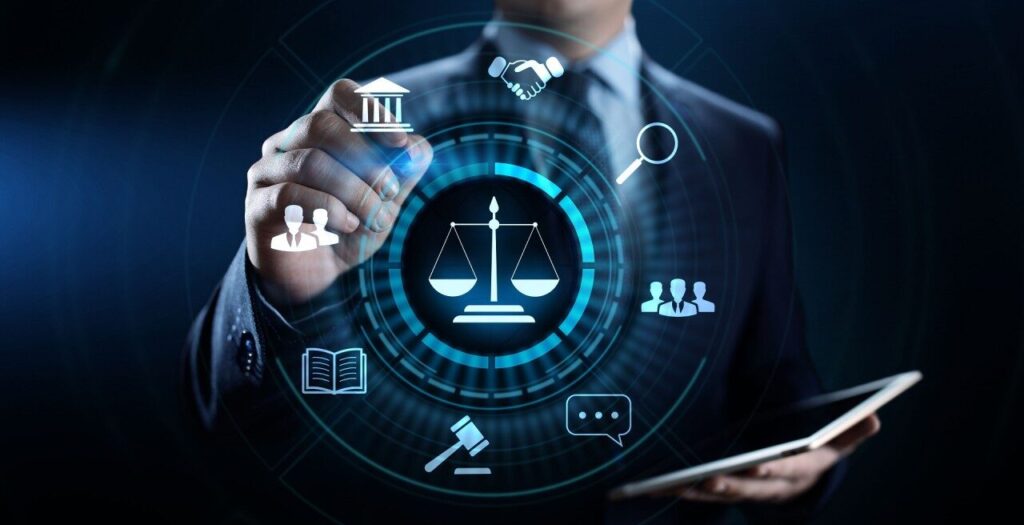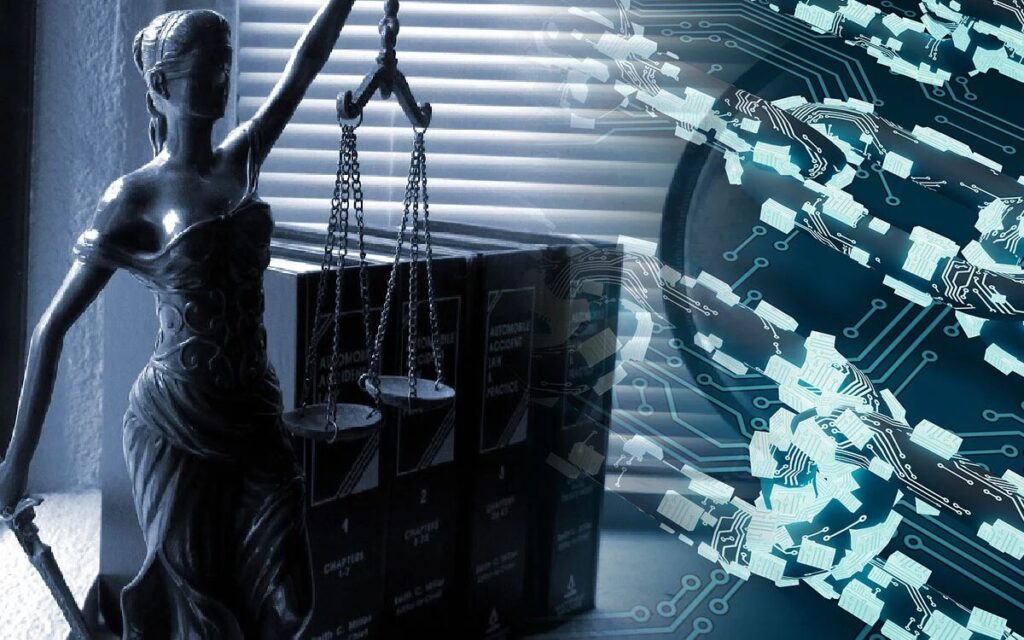The legal industry, traditionally known for its reliance on paper-based processes and lengthy documentation, is undergoing a significant transformation. With the advent of advanced technologies like blockchain and video, the way contracts are created, executed, and managed is evolving rapidly. These innovations promise to enhance security, transparency, and efficiency in legal contracts, paving the way for foolproof agreements that are immutable and easily accessible.
Blockchain Technology: The Backbone of Secure Contracts
Blockchain technology has emerged as a game-changer in various industries, and the legal sector is no exception. The concept of contracts on blockchain is revolutionizing the way legal agreements are executed. By leveraging the decentralized nature of blockchain, contracts are no longer confined to traditional methods that are vulnerable to tampering or disputes.

One of the most significant advantages of blockchain technology in the legal sector is the immutability of contracts. Once a contract is recorded on the blockchain, it becomes virtually impossible to alter or delete. This ensures that the terms and conditions agreed upon by all parties remain unchanged, providing a level of security and trust that traditional methods cannot offer.
Additionally, contract execution on blockchain is streamlined and efficient. Smart contracts, which are self-executing contracts with the terms of the agreement directly written into code, automate the process of contract execution. This eliminates the need for intermediaries, reduces the risk of human error, and speeds up the overall process.
Video Contracts: Enhancing Authenticity and Transparency
While blockchain technology addresses the security and immutability aspects of contracts, video contracts are emerging as a complementary innovation that enhances the authenticity of contracts and transparency in contracts. By incorporating video recordings into the contract process, parties can visually and audibly confirm their agreement to the terms, adding an extra layer of verification.
Video contracts are particularly useful in scenarios where personalized agreements are necessary. For example, in complex legal arrangements involving multiple parties, a personalized video contract can capture the nuances of the discussion and ensure that all parties are on the same page. This not only reduces the likelihood of misunderstandings but also provides clear evidence of the agreement, which can be invaluable in the event of a dispute.
Moreover, security in legal contracts is further enhanced when video is combined with blockchain technology. The video recordings can be stored on a digital contract platform powered by blockchain, ensuring that they are tamper-proof and easily accessible for future reference. This combination of video and blockchain creates a robust system for managing legal agreements in a way that is both secure and transparent.
Modern Legal Solutions: The Future of Contract Management
The integration of blockchain and video technology into the legal sector is a testament to the ongoing innovation in contracts and modern legal solutions. As more organizations adopt these technologies, the traditional barriers to efficient and secure contract management are being dismantled.
Digital contract management platforms are becoming increasingly popular as they offer a comprehensive solution for creating, executing, and storing contracts. These platforms leverage blockchain to ensure the immutability of contracts and video technology to enhance authenticity and transparency. The result is a seamless and secure process that benefits all parties involved.
Furthermore, smart contracts on blockchain are enabling a new level of automation in the legal sector. These contracts automatically execute the terms when predefined conditions are met, reducing the need for manual intervention and minimizing the risk of disputes. This is particularly beneficial in industries where contracts are executed frequently, such as real estate, finance, and supply chain management.

The Role of Blockchain in the Legal Sector
The adoption of blockchain in the legal sector is not just about improving contract management; it’s about redefining the way legal processes are conducted. By providing a secure and transparent platform for creating and executing contracts, blockchain is helping to build trust between parties and streamline legal operations.
In addition to contracts, blockchain technology is being used to manage legal records, intellectual property rights, and even court proceedings. The decentralized nature of blockchain ensures that these records are tamper-proof and easily accessible, reducing the risk of fraud and improving the overall efficiency of the legal system.
Conclusion: The Future is Here
The combination of blockchain and video technology is transforming the legal sector, offering foolproof contracts that are secure, transparent, and easily managed. As these technologies continue to evolve, we can expect to see even more innovative solutions that will further enhance the way legal agreements are created and executed.
For legal professionals and organizations, embracing these modern legal solutions is not just an option; it’s a necessity. By adopting digital contract management platforms and leveraging the power of blockchain and video, they can ensure that their contracts are not only secure but also tailored to the needs of the digital age.
In conclusion, the legal sector is on the brink of a revolution, driven by the integration of blockchain and video technology. The future of contract management is here, and it’s more secure, transparent, and efficient than ever before.



